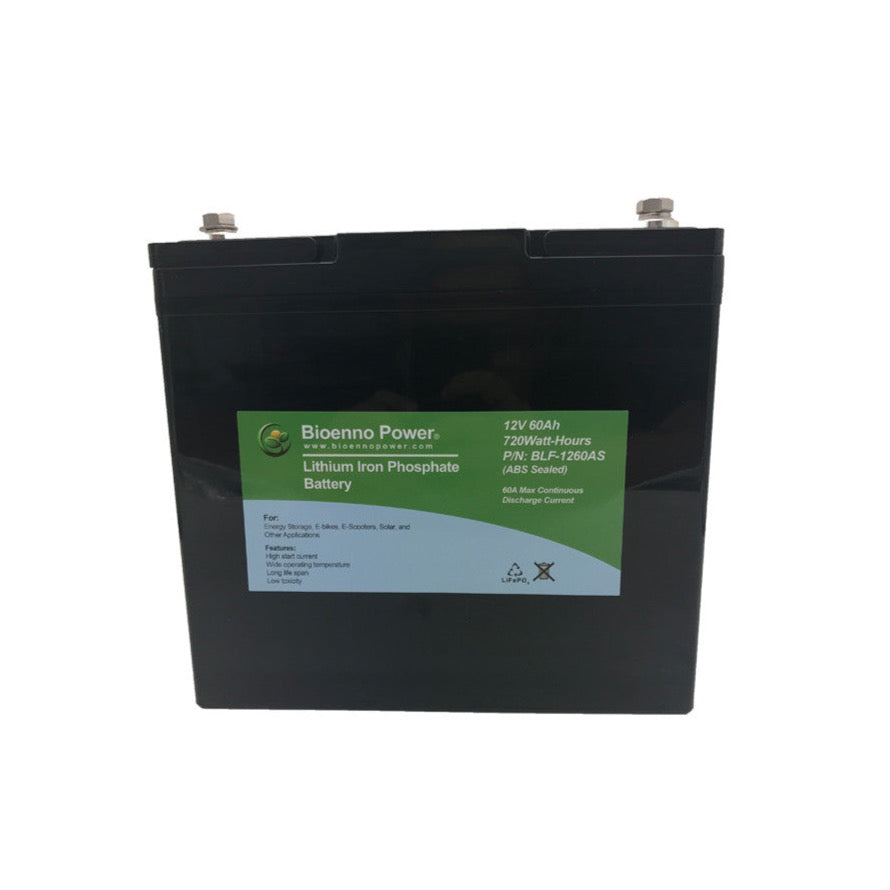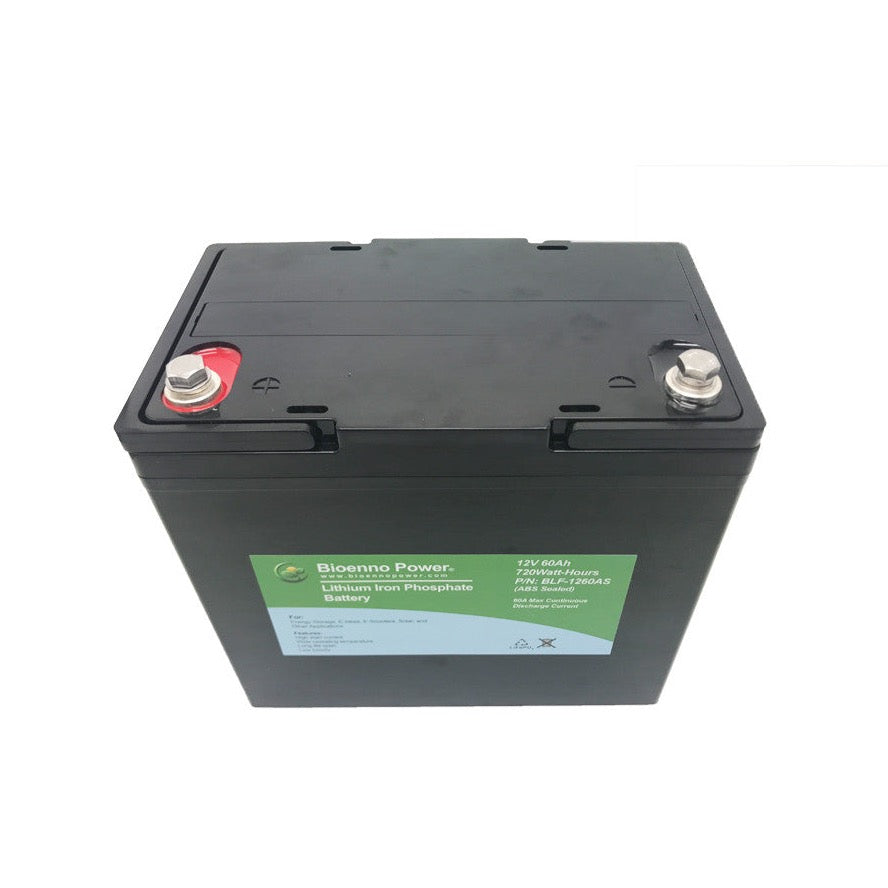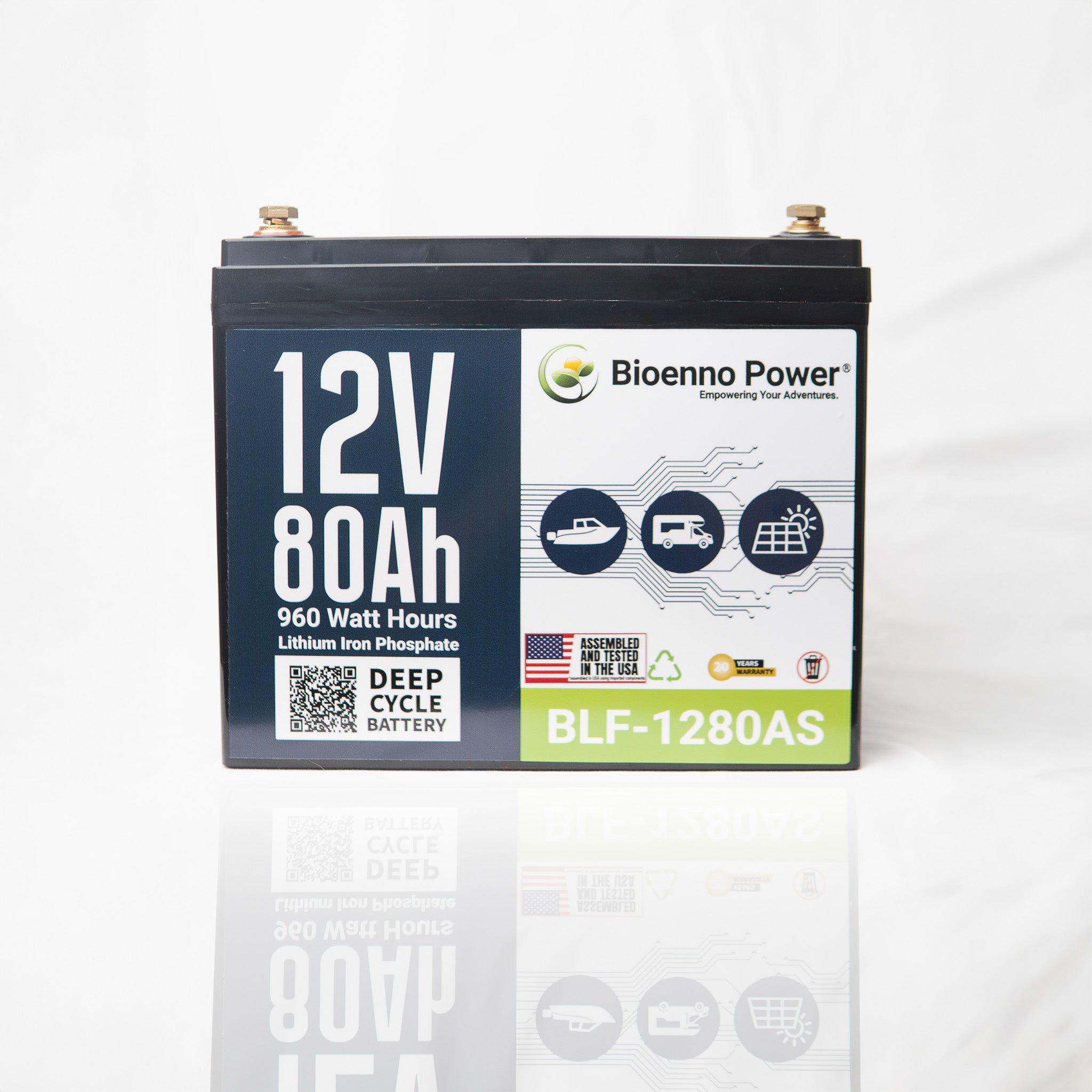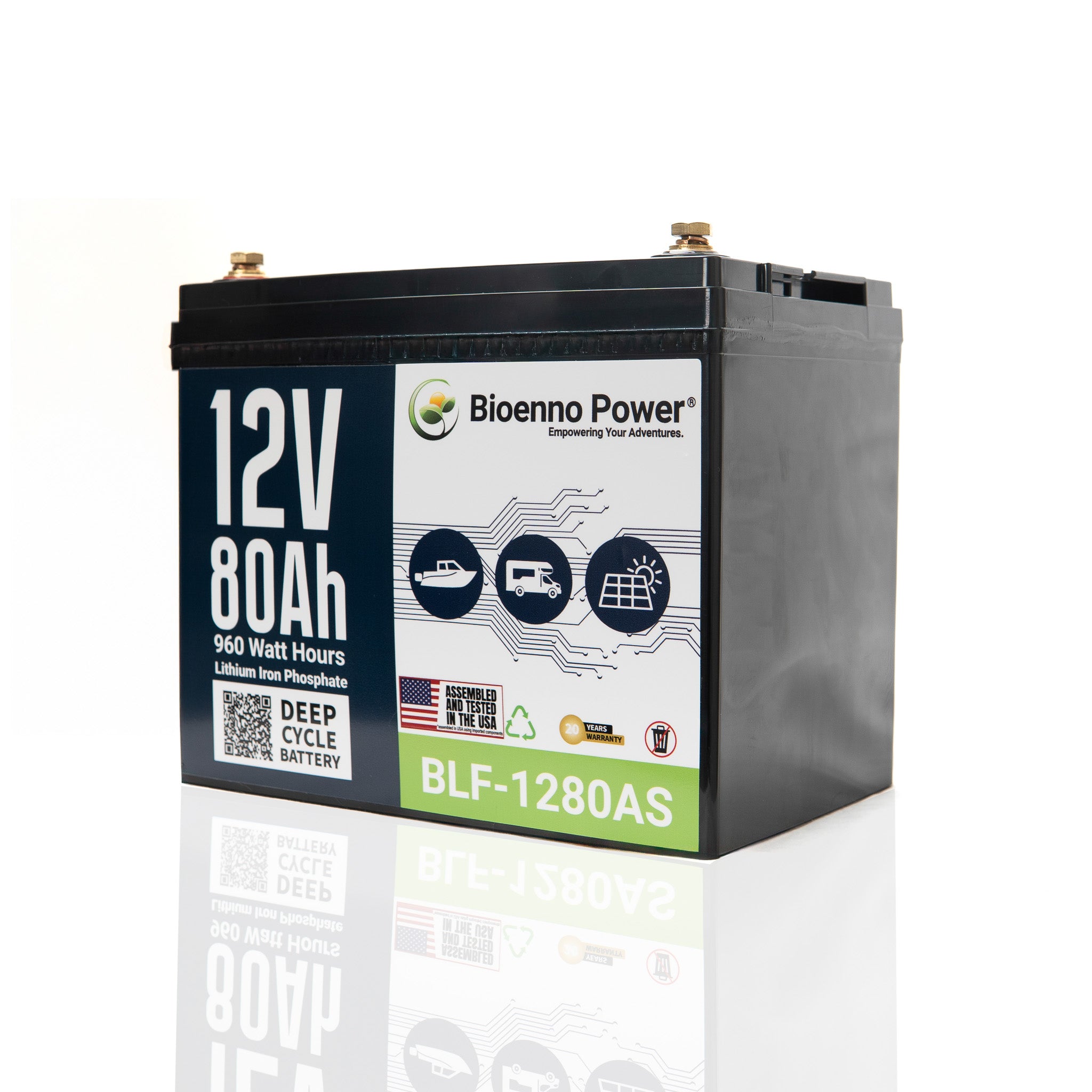Batteries are the lifeblood of our hobbies and lifestyles, powering everything from our boats to our off-grid power systems. However, with great power comes great responsibility, and when it comes to batteries, safety and efficiency should be paramount. In this comprehensive guide, we'll explore the best practices for safely and efficiently storing batteries, ensuring that your power needs are met while minimizing risks.
1. Understanding Battery Types
Before delving into the best practices, it's essential to understand the different types of batteries available. Common options include lead-acid, lithium-ion, and nickel-metal hydride (NiMH) batteries. Each type has its own characteristics, such as energy density, lifespan, and charging requirements. Make sure you choose the right battery type for your specific application. Consider reading Difference Between a Deep Cycle Battery and a Regular Battery to learn more.
2. Proper Battery Selection
Selecting the right battery for your needs is crucial. Consider factors like voltage, capacity, and cycle life. Ensure that the battery you choose is compatible with your device or system, and that it meets your power requirements without overloading it.
3. Storage Environment
Batteries are sensitive to temperature and humidity. Store them in a cool, dry place away from direct sunlight and extreme temperatures. High temperatures can lead to faster degradation and reduced battery life.
4. Charging Guidelines
Follow the manufacturer's recommendations for charging your batteries. Overcharging or undercharging can damage them and pose safety risks. Invest in a quality battery charger with features like overcharge protection. Check out our line of batter chargers here.

5. Regular Inspection
Frequent inspections of your batteries are essential to detect any signs of damage or wear. Look for leaks, corrosion, or bulging in the battery casing. Replace damaged batteries immediately.
6. Battery Maintenance
Proper maintenance extends the life of your batteries. Keep the terminals clean, and apply a light coating of petroleum jelly to prevent corrosion. Ensure that the connections are tight and secure.
7. Safety Precautions
Safety should always be a top priority. When handling batteries, wear protective gear like gloves and safety goggles. Be cautious when connecting and disconnecting batteries, and avoid short-circuits at all costs.

8. Battery Disposal
Dispose of old or damaged batteries responsibly. Many communities have recycling programs for batteries to minimize environmental impact. Never throw batteries in the trash.
9. Battery Storage Containers
Consider investing in battery storage containers or cases to keep your batteries organized and protected. These containers are designed to prevent accidental short-circuits and leaks.
10. Monitoring Systems
For off-grid power enthusiasts, monitoring systems can help keep track of battery performance. These systems provide real-time data on voltage, current, and capacity, allowing you to optimize your power usage.
11. Avoid Over-Discharging
Over-discharging batteries can lead to irreversible damage. Use voltage cutoff devices or alarms to prevent over-discharge, especially in deep-cycle batteries.
12. Parallel and Series Connections
When connecting multiple batteries, understand how to set up parallel and series configurations properly. Incorrect wiring can lead to imbalanced charging and discharging, reducing overall efficiency.
13. Emergency Preparedness
Prepare for unexpected situations by having backup batteries and a well-thought-out emergency plan. This is crucial for boaters and campers who rely on battery-powered equipment in remote areas.
14. Seek Professional Advice
If you're unsure about any aspect of battery storage or maintenance, don't hesitate to seek advice from professionals or fellow enthusiasts. It's better to be safe than sorry.
Conclusion
By following these best practices for safety and efficiency, you can ensure that your batteries serve you well for years to come. Remember that proper battery care not only enhances performance but also minimizes risks, allowing you to enjoy your hobbies and lifestyles to the fullest.
FAQs
1. Can I store different types of batteries together?
- It's best to avoid mixing different battery chemistries as they have different charging and discharging characteristics. Separate storage is recommended.
2. How can I dispose of old batteries responsibly?
- Many communities have battery recycling programs. Look for designated drop-off locations or recycling centers in your area, here.
3. What should I do if I notice a battery is leaking or corroded?
- Immediately remove the battery from your device and dispose of it properly. Clean any corrosive residue carefully, wearing protective gear.
4. Are there any tools to help me monitor my battery's health?
- Yes, battery monitoring systems are available that provide real-time data on your battery's performance, helping you make informed decisions.
5. How do I prevent over-discharging my batteries?
- Use voltage cutoff devices or alarms that automatically disconnect the battery when it reaches a certain voltage to prevent over-discharge.









